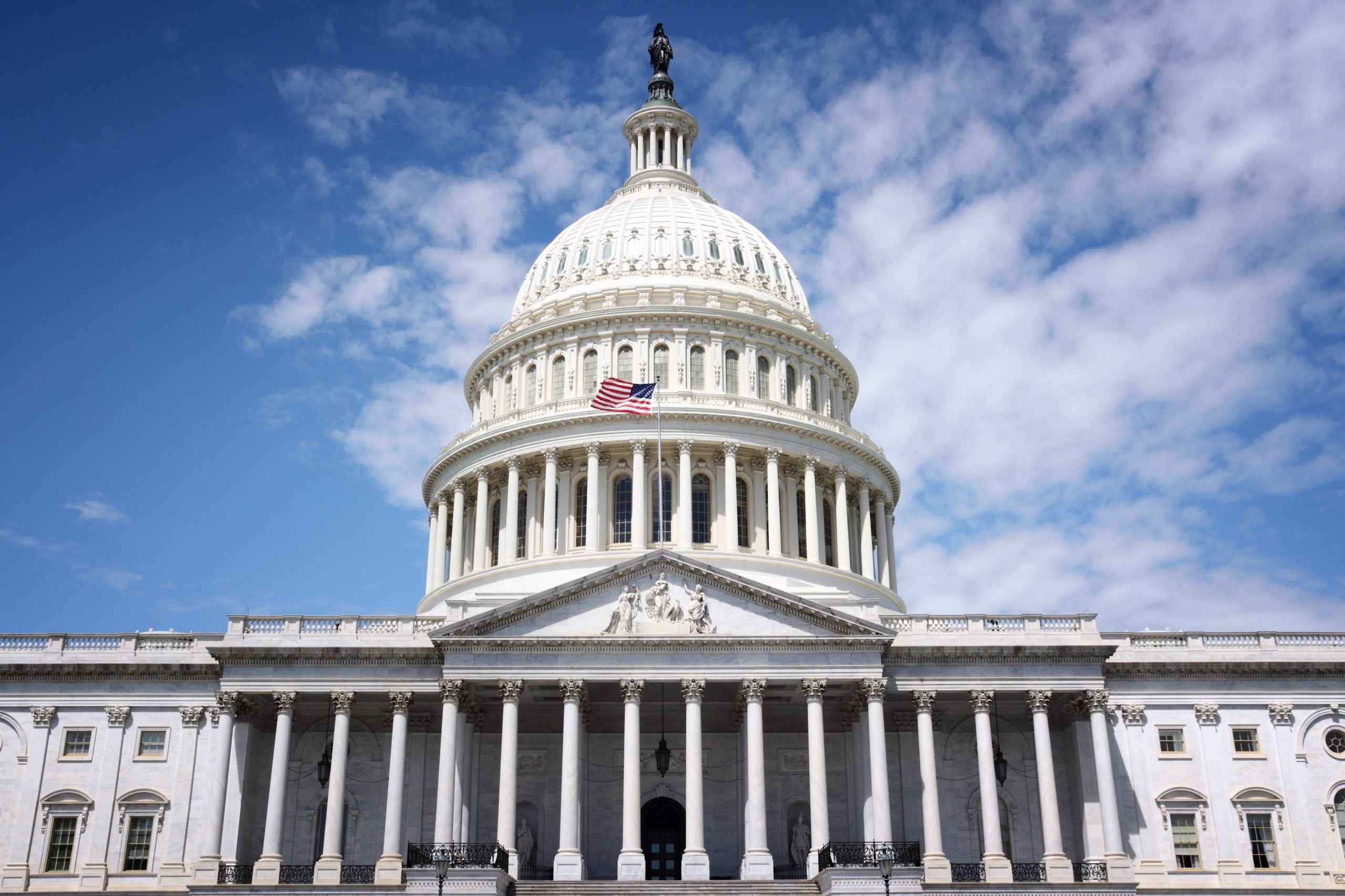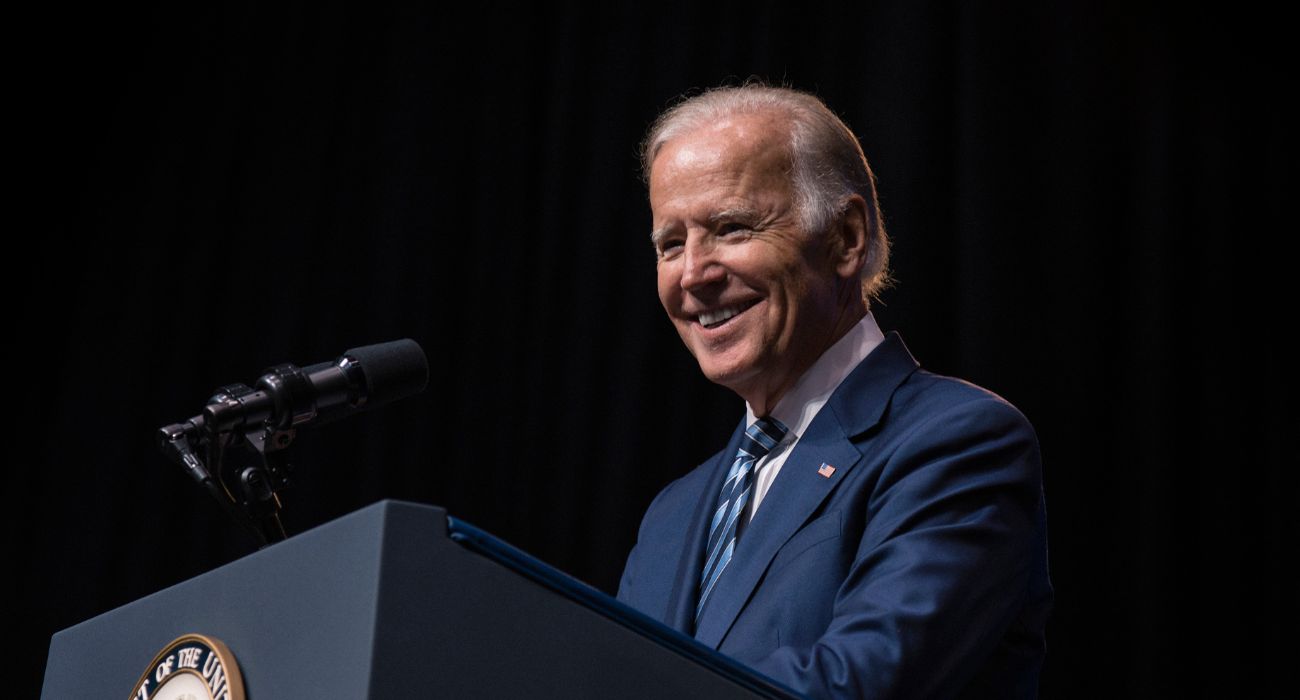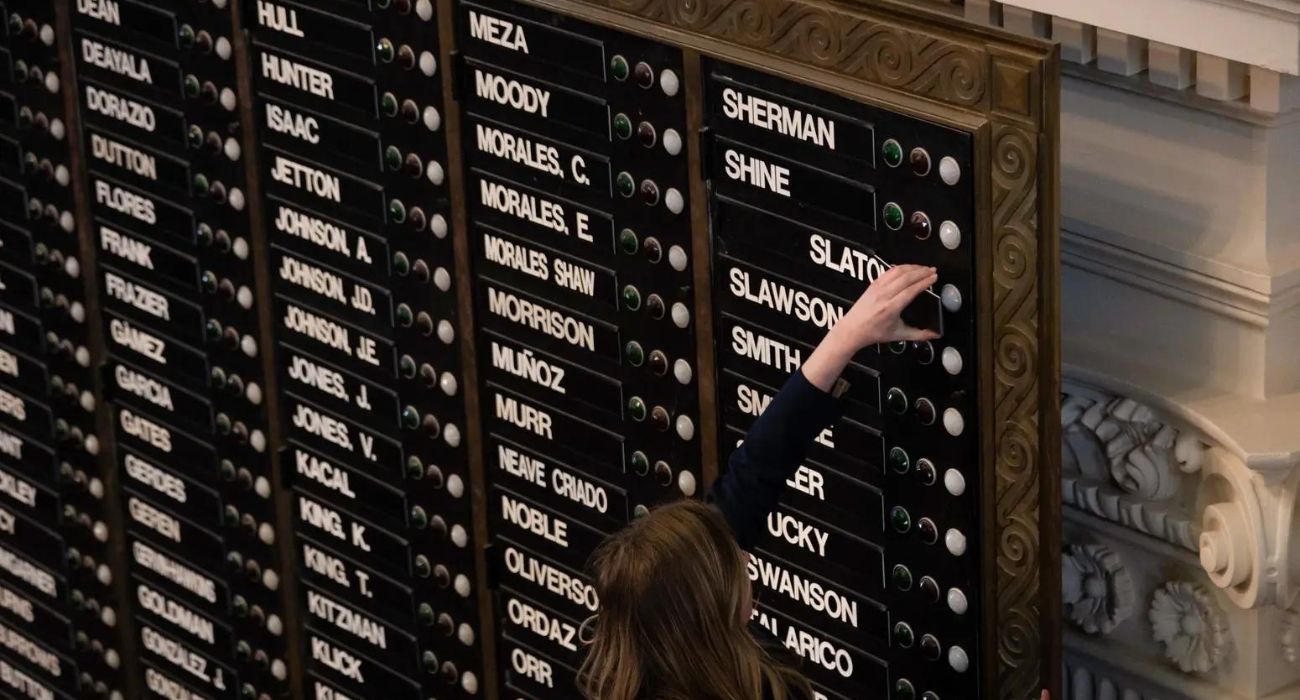The House on Wednesday voted to pass legislation to reform the Electoral Count Act of 1887, the law that dictates how states and Congress record the results of the Electoral College and declare presidential election winners.
The Presidential Election Reform Act passed Wednesday, with nine Republicans voting in favor, and would require a third of House members to sign onto an objection to certifying a state’s presidential electors, a significantly higher threshold than the current requirement of just one House member and one senator.
It would also narrow the grounds for filing an objection, allowing for an objection only if certain electors are ineligible under the law or if a state submitted too many votes.
The House bill also clarifies that the vice president’s role presiding over the congressional certification of a presidential election is “ministerial” and that they have no power to determine the election results.
Some House Republicans who voted against the bill cited the involvement of strident anti-Trump activist Rep. Liz Cheney (R-WY) in formulating the legislation as at least one reason for their opposition. After losing her primary this year, Rep. Cheney immediately announced plans to convert her campaign committee into an anti-Trump political action committee.
“It’s clear that anything Liz Cheney touches is all about whacking Donald Trump and not about making meaningful changes,” Rep. Jim Banks (R-IN), the chair of the Republican Study Committee, told Axios.
“I think it gives bias to the language of the bill,” said Rep. Andy Biggs (R-AZ).
Other Republicans objected to the bill not going through the regular committee process.
“[It] hasn’t gone through any committee, no input from our side,” said Rep. Tom Cole (R-OK), who predicted it would get just “two or three” votes from Republican House members.
House Minority Whip Steve Scalise (R-LA) said it has a “number of real concerning provisions,” such as allowing campaigns to sue to extend elections in the event of a “catastrophic” emergency.
Still, some Republicans in the House agree it should be harder to force a certification vote.
Rep. Dan Crenshaw (R-TX), who ultimately voted against the Cheney-Lofgren bill, said before the vote: “I’m all for reforming it. I think it’s a completely stupid process. It shouldn’t even exist.”
“Some are afraid to say it, but they’ll all quietly agree,” Crenshaw claimed of his fellow lawmakers.
“Legislation protecting the legitimacy of presidential elections and ensuring the peaceful transfer of power should be above politics,” Cheney spokesperson Jeremy Adler said.
The Senate is scheduled to vote on its version of an electoral count reform bill next week. It already has support from 10 Republican senators, which is needed to break a filibuster.






